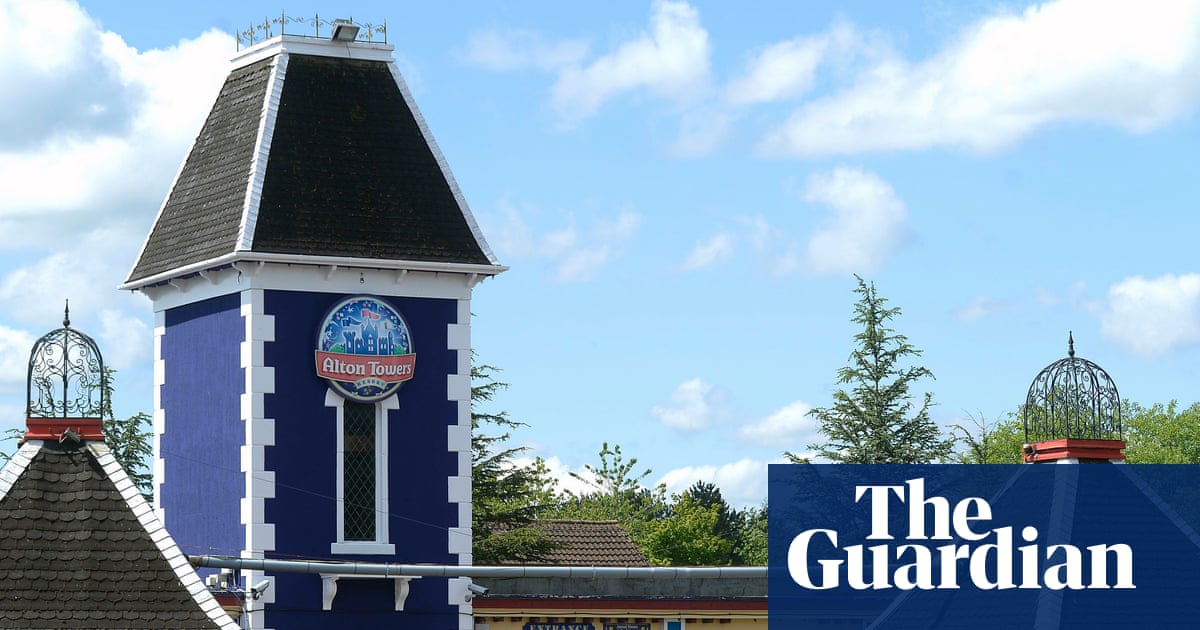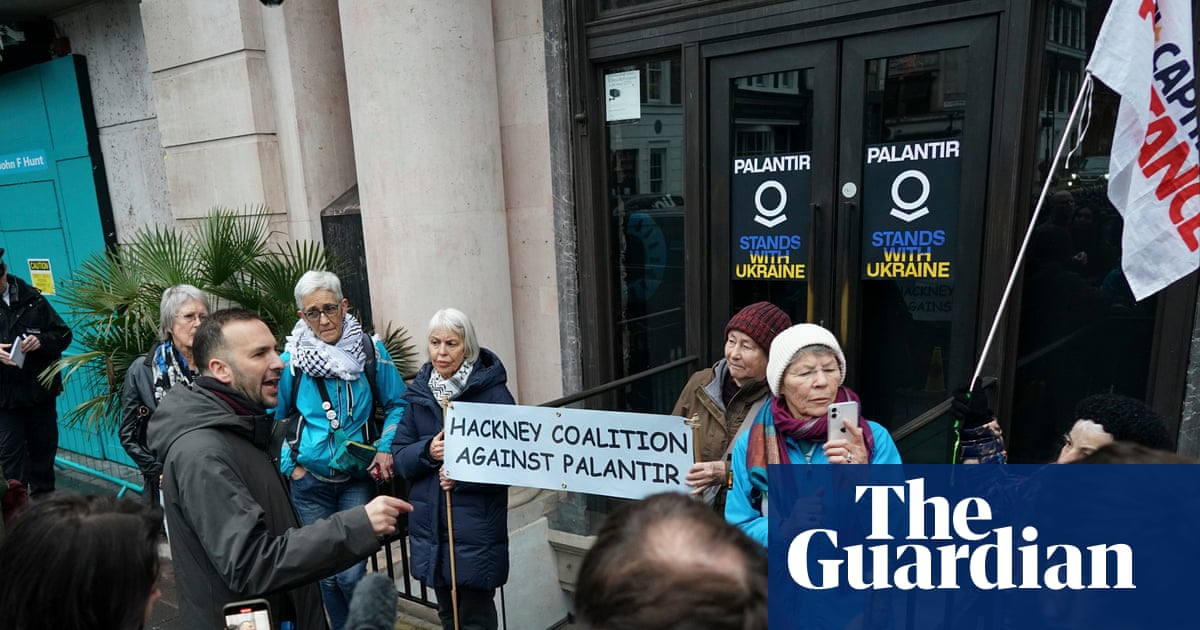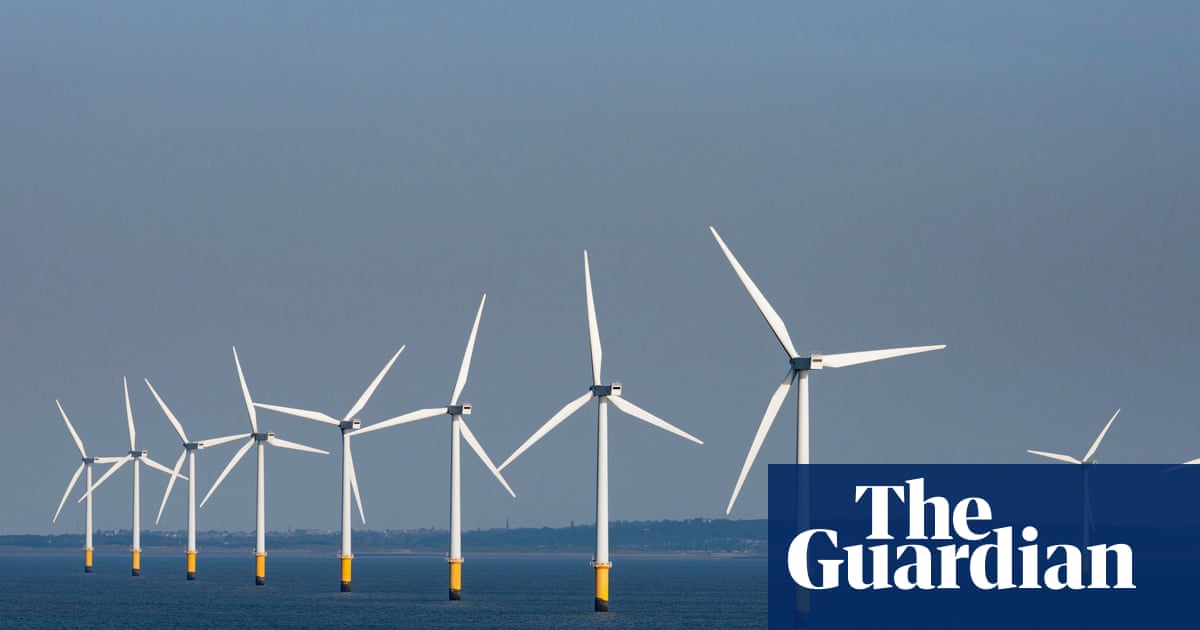Flooded disused coalmines could be a significant source of energy and provide cheap heat to thousands of homes, a new report argues.
Mine water geothermal heat (MWGH) systems use the water in flooded coalmines, which is warmed by natural processes, to supply low-carbon heat. Heat exchangers and pumps recover the heat, which is distributed via district heating networks to homes and buildings, providing low-cost, long-term, stable energy.
The report estimates that about a quarter of UK homes sit above flooded workings where MWGH could be used to provide low-cost heat, and that the technology could play a significant role in helping the UK meet its carbon reduction targets, cutting emissions by an estimated 10-20%. MWGH systems produce minimal greenhouse gas emissions compared with conventional gas boilers.
The technology has already been proved. Gateshead Energy Company operates a 6MW MWGH system, supplying about 40% of the city’s district heating network. Lanchester Wines in Gateshead is the first UK business to implement MWGH, heating 30,000 sq metres of warehouse space. These projects demonstrate that MWGH can operate at scale.
Prof Simone Abram, co-author and director of Durham Energy Institute said: “With the right support in place, MWGH could be built out at scale within five years. It’s not technologically complex, relatively speaking, but it takes some governance and social organisation.”
She points to Denmark, where publicly backed, non-profit heat networks have already shown how stable investment and community ownership can deliver reliable, low-carbon heat: “We have a working model right next door that we can learn from,” she said.
There are significant economic benefits to local communities, as well; in addition to low-cost heat, MWGH schemes create high-quality, specialist jobs, from drilling and engineering to network management, which could be particularly beneficial for coalfield areas and those facing economic disadvantage.
Abrams said: “There are good jobs to be developed and meaningful work, and MWGH promises cheap, reliable and accessible heat for generations. That will obviously most benefit those communities that live in poor quality housing where heat is expensive and incomes are low … The key element we want to stress in developing MWGH is to ensure that the benefits do stay local and aren’t just extracted by financial interests only.”
However, despite the advantages, uptake has been slow, with high upfront costs and a complex regulatory environment acting as obstacles. Currently, there is no single regulatory framework for MWGH and heat is not legally recognised as a resource, complicating investment decisions.
Central government will have to play a crucial role in enabling the large-scale development of MWGH by offering financial incentives, such as grants, low-interest loans, or heat-based payments and state-backed insurance for exploratory drilling. There also needs to be a clear regulatory framework, coordination across planning authorities and inclusion of MWGH in strategic energy and housing plans, the report concludes.
Community engagement is also vital; currently public awareness of MWGH is limited. Abram says: “In our experience, once people realise what value there is in the ground beneath their feet, they are enthusiastic. But many people, especially in less affluent communities, feel that things are being done ‘to them’ and not ‘with them’, and that breeds resentment and objection.”
Demonstration projects, such as Lanchester Wines and Gateshead, play an important role in building confidence and providing practical lessons for future schemes. Chris Smith, Lanchester Wines’ energy and renewables manager said: “We are currently heating 33,445 sq metres (360,000 sq ft) of warehouse and reducing the energy required, emissions, and energy cost by a factor between four and six.”
Prof Jeroen Van Hunen, co-author of the report said: “Besides providing domestic heat, MWGH could be used for heating greenhouses or heat warehouses, as with Lanchester Wines. Mines can also be used to store summer heat to be used again in winter. This can be used to cool datacentres or replace air-conditioning units.”

 3 months ago
47
3 months ago
47

















































